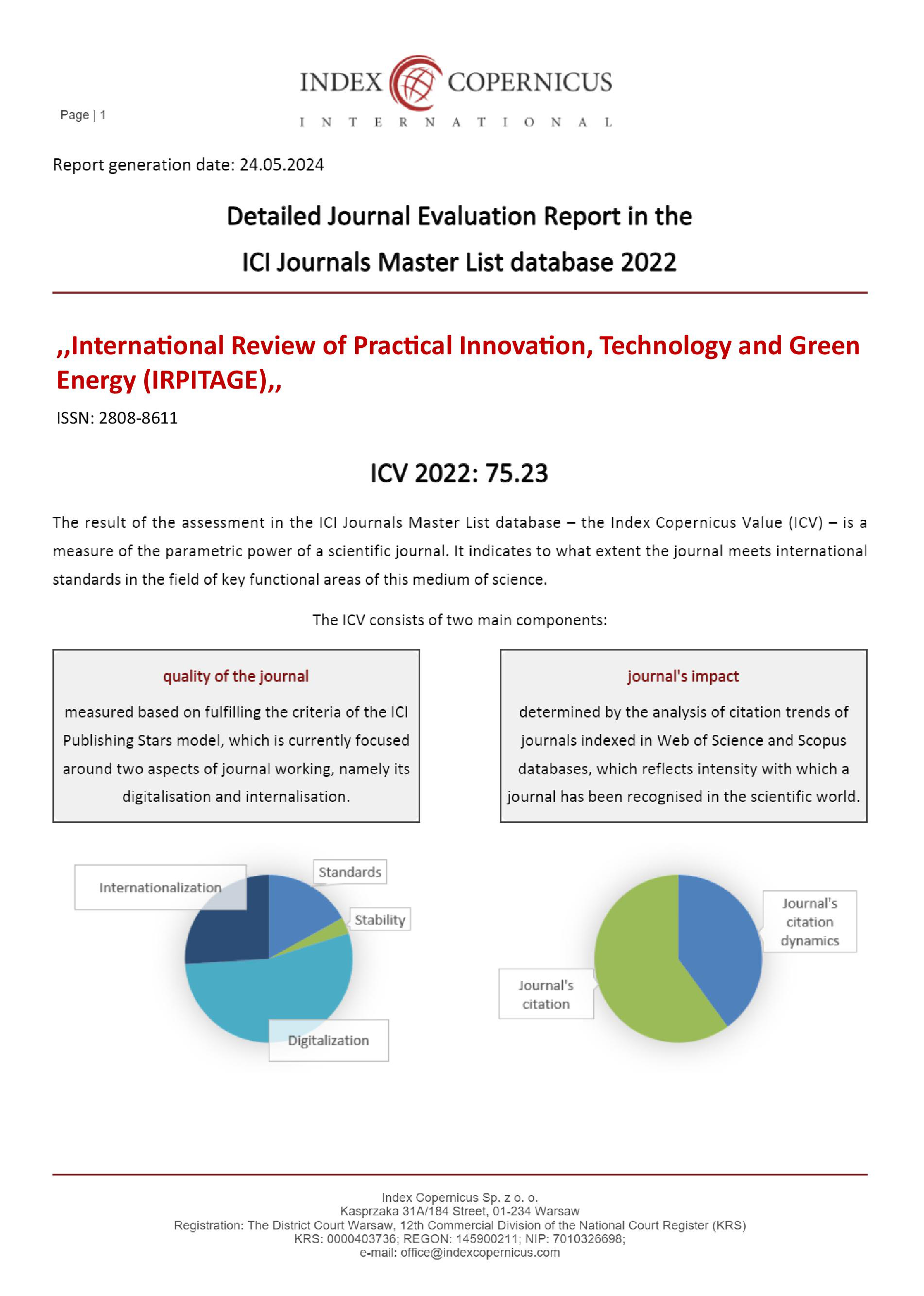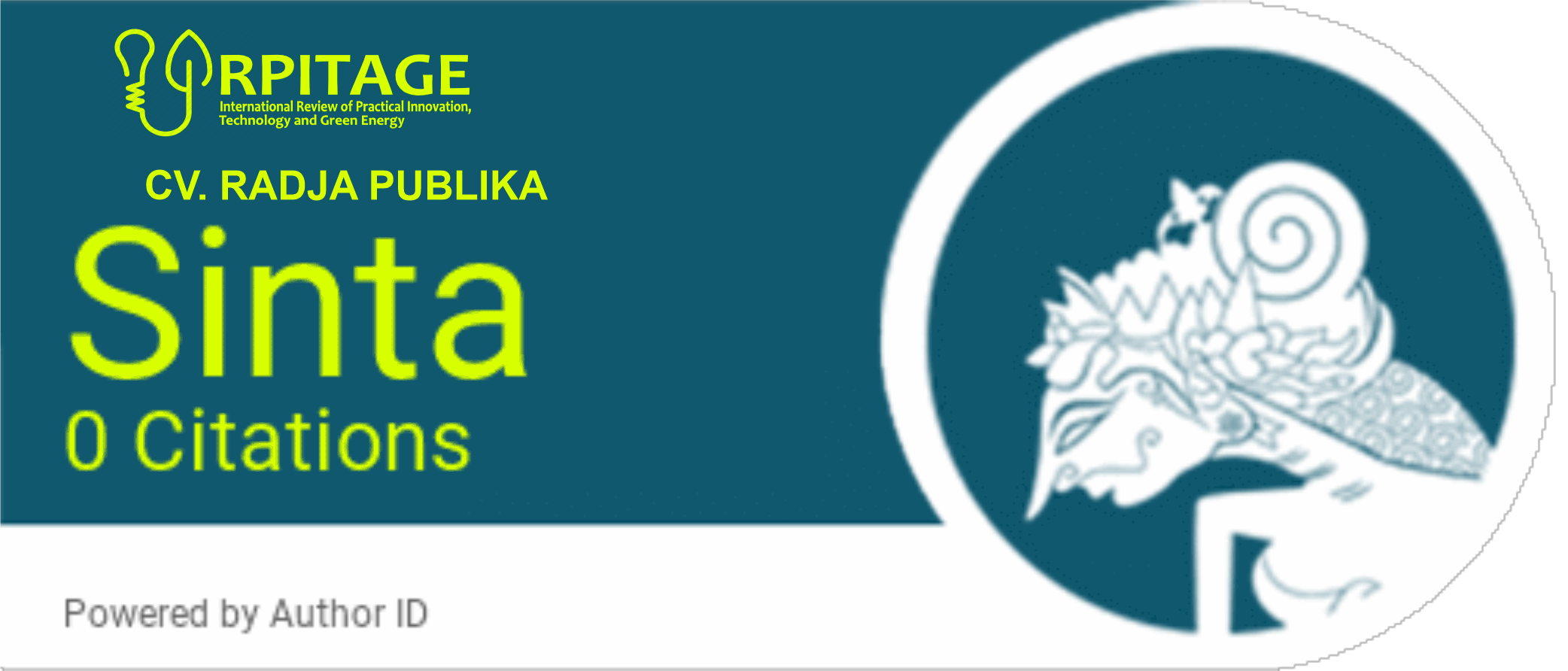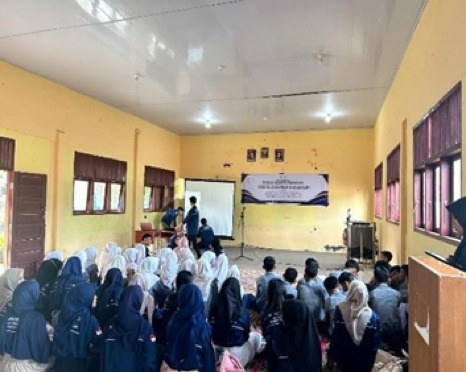EXPLORE THE DIGITAL WORLD SAFELY AND SMARTLY FOR A BETTER FUTURE
Main Article Content
Yanita
Taufiq
Nurmala
Likdanawati
Sullaida
In the digital era that continues to advance, the use of information technology has become an inseparable part of everyday life, including in the field of education. However, this development also presents a number of challenges, especially for the younger generation who are still in the process of growing and searching for their identity. Many students do not fully understand the importance of ethics in the digital world, security in cyberspace, and how to use the internet wisely and positively. This activity is designed in the form of interactive socialization, short training, and discussion and question and answer sessions that involve the active participation of students. The material provided includes an introduction to the digital world, the threat of cybercrime such as online bullying, online fraud, and the spread of hoaxes, how to maintain the security of personal data, and the application of ethics in using the internet. In addition, students are also encouraged to recognize the potential of the digital world as a means of learning, channeling creativity, and developing themselves. Through a communicative and fun approach, this activity aims to encourage students to be wiser in using digital devices and social media. Participants will also be equipped with the ability to become digital literacy agents in their respective environments. This community service activity is in line with the national character building and digital literacy program, and supports the school's vision in forming a generation that is able to adapt to the development of the times without abandoning strong moral and social values. With the presence of technology, several suggestions can be put forward, one of which is the importance of early digital literacy development. Junior high school students are at an age that is vulnerable to the negative impacts of the digital world. Therefore, there needs to be routine digital literacy training and education in schools, so that students can understand both the benefits and risks of using technology. In addition, collaboration between schools and universities is also needed. Community service activities like this emphasize the importance of synergy between higher education institutions and schools in forming a generation that is literate and skilled in the digital world.
Anderson, M., & Auxier, B. (2020). Teens, social media & technology 2020. Pew Research Center. https://www.pewresearch.org/internet/2020/08/28/teens-social-media-technology-2020/
Bailey, J., Steeves, V., Burkell, J., & Regan, P. (2020). Researching children’s digital privacy rights in education: Emerging issues in data protection and ethics. Canadian Journal of Communication, 45(2), 279–300. https://doi.org/10.22230/cjc.2020v45n2a3654
Chaudron, S., Di Gioia, R., & Gemo, M. (2021). Young children (0–8) and digital technology: A qualitative study across Europe. European Commission. https://doi.org/10.2759/682387
Livingstone, S., & Byrne, J. (2018). Children’s rights in the digital age: A download from children around the world. London School of Economics and Political Science. https://www.lse.ac.uk/media-and-communications/research/research-projects/childrens-rights-in-the-digital-age
Livingstone, S., Stoilova, M., & Nandagiri, R. (2021). The dilemmas of children's digital privacy: Responding to children’s narratives about privacy online. Media, Culture & Society, 43(6), 1022–1038. https://doi.org/10.1177/0163443720972313
Ng, W. (2012). Can we teach digital natives digital literacy? Computers & Education, 59(3), 1065–1078. https://doi.org/10.1016/j.compedu.2012.04.016
OECD. (2021). 21st-century children: Digital technologies and children’s well-being. OECD Publishing. https://doi.org/10.1787/badc84c5-en
Pew Research Center. (2022). Internet and technology: Key findings about Americans’ online habits. https://www.pewresearch.org/fact-tank/2022/04/07/key-findings-about-americans-online-habits-in-2021/
Rideout, V., Peebles, A., Mann, S., & Robb, M. B. (2022). Common sense census: Media use by tweens and teens, 2021. Common Sense Media. https://www.commonsensemedia.org/research/the-common-sense-census-media-use-by-tweens-and-teens-2021











